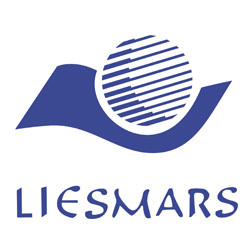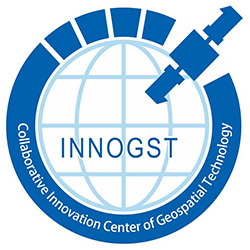Paul LONGLEY
Paul LONGLEY, B.Sc., Ph.D., D.Sc., FAcSS. holds a chair in Geographic Information Science at University College London (UCL), UK. His research interests are in Geographic Information Science and Systems, and is a co-author of a best-seling book on this subject. He has worked as PI of Co-I on more than 50 research grants totalling over £20 million and has supervised more than 50 Ph.D. students (most funded by research councils). His publications include nineteen books, and over 150 refereed journal articles and contributions to edited collections. He currently directs the Consumer Data Research Centre at UCL. His academic and editorial Duties include past editorship of Computers, Environment and Urban Systems and Environment and Planning B. He has also held eleven externally funded visiting appointments and given more than 150 conference presentations and external seminars.
Big Data and the Practice of Geographic Information Science.
Today, Big Data are enabling thicker empirical descriptions of the form and functioning of many aspects of social systems than ever before. But the achievements of the ‘smart cities’ discourse are selective, with greatest focus upon the use of sensor webs and other new forms of data to monitor the locations or trajectories of elements of the Internet of Things rather than the circumstances of resident and working populations. Spatial and temporal heterogeneity of outcomes in health, social mobility and social capital formation remain poorly understood and disconnected from theoretical formulations of social justice in the sentient city. The absence of research design in the creation and maintenance of new forms of data creates new scientific and analytical challenges to the inclusivity of truly social science, given that the source and operation of bias in new forms of data is poorly understood. There is a need to address the asymmetry between the sophisticated methods of geographic information science and the quality and reliability of many of the data sources that underpin their usage.
These shortcomings are symptomatic of a nascent crisis in social science which has implications for the practice of Geographic Information Science. Each of the following will be discussed in this presentation, using examples from the UK Consumer Data Research Centre.
- Response rates to conventional cross sectional and longitudinal surveys are too low and are falling. There is also pressure to reduce expenditure on surveys.
- The source and operation of bias in Big Data sources is poorly understood.
- Many businesses seek to silo data resources within their organisations. In other instances, data may remain very under-used by the organisations that create them, especially with regard to the public good.
- The legislative and regulatory context to re-use of Big Data in Europe is changing. This may have positive implications for research but public trust is an issue.
- New data analytic methods should be used in ways that remain sensitive to geographic context.


































